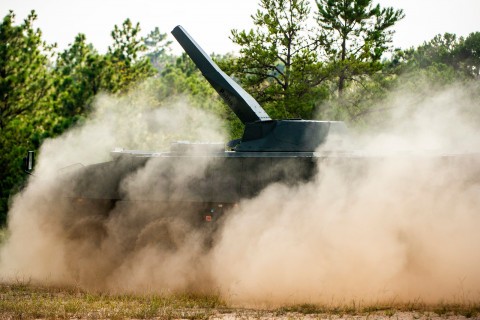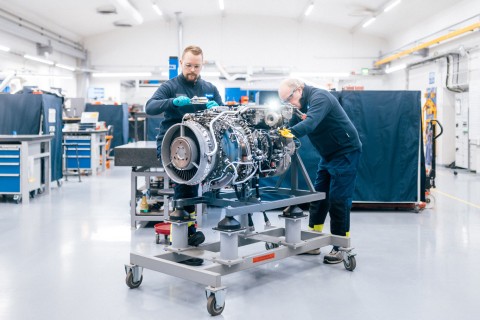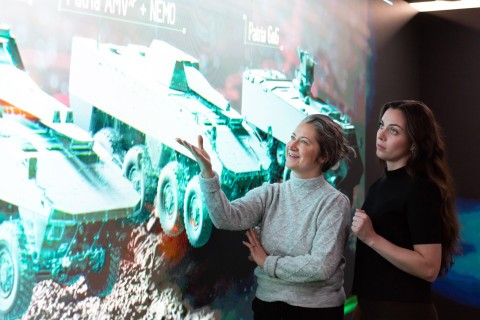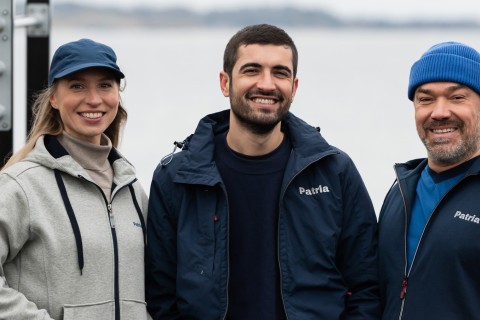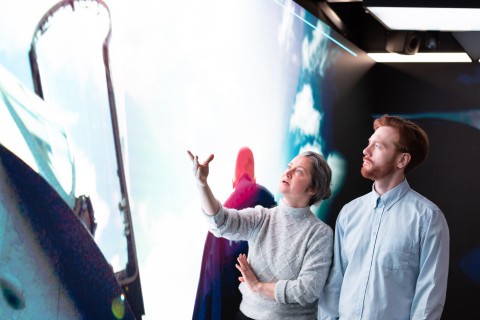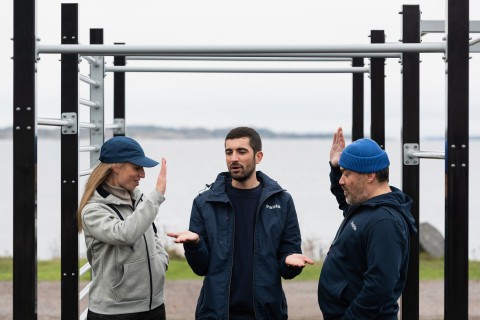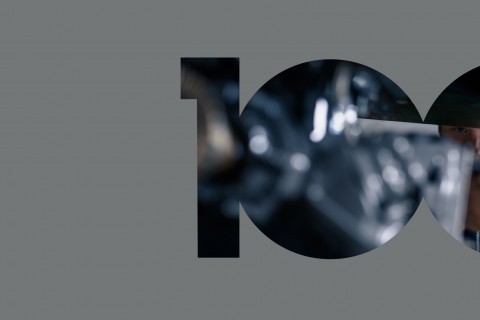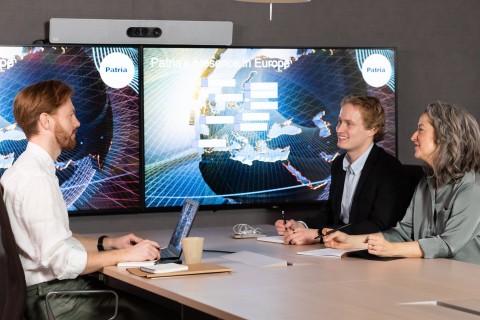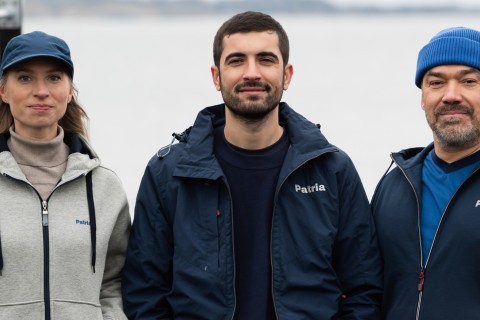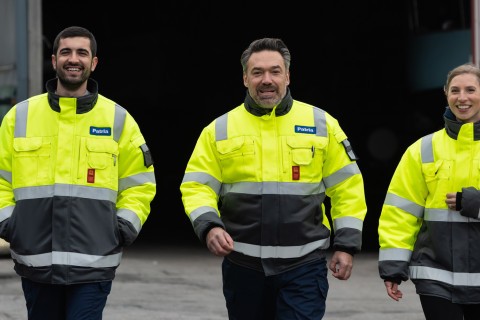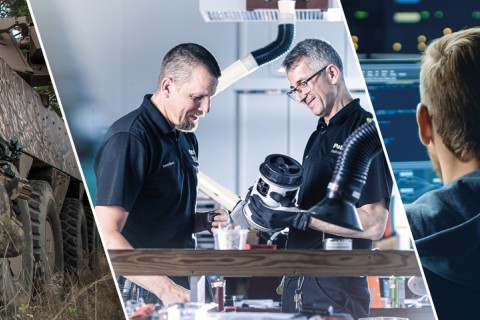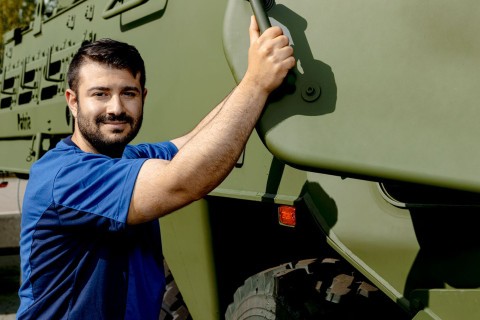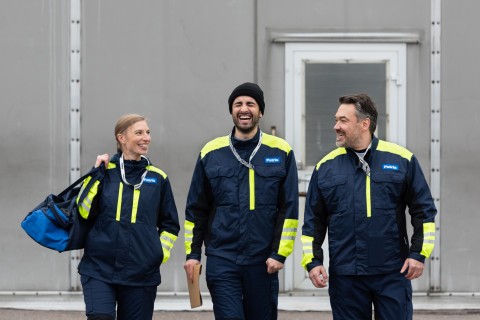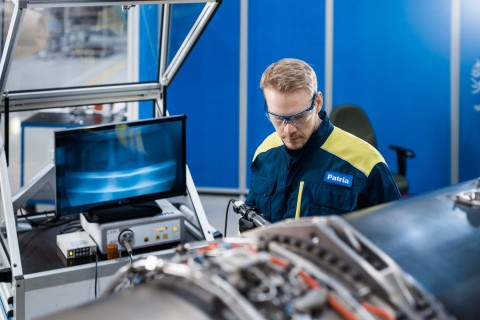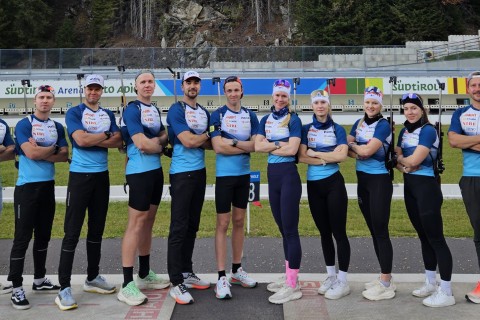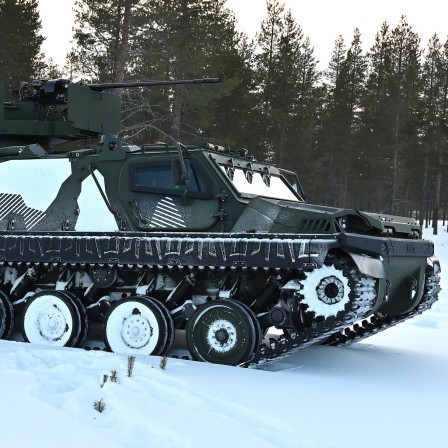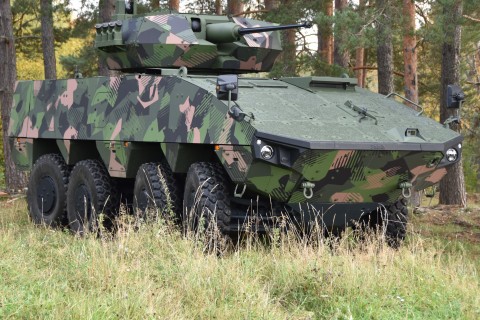

Determined efforts must be made to enhance European defence cooperation and capabilities
16.1.2023
European security policy changed on 24 February 2022 when Russia launched a full-scale invasion of the sovereign country of Ukraine – this prompted European decision-makers to look at the security situation from a shared point of view. The situation also changed from the perspective of the defence equipment industry.
Traditionally, countries have been very protectionist in their defence equipment procurements. The war in Ukraine has shown the need for compatible equipment and performance so that logistical support and maintenance can be provided more efficiently and reliably than today. The European Defence Fund (EDF) contributes to the development of joint procurement programmes. The current geopolitical situation will most likely accelerate the implementation of these initiatives and increase their funding. In spite of these projects, national decision-making will continue to play a major role in the development of the defence industry due to the differences in the defence materiel situation in different countries.
That said, Europe can bolster its defence to a new level by developing shared European capabilities with even greater determination. Even if the war in Ukraine were to end today, we are facing years of growing demand and efforts to step up European preparedness.
One of the lessons of the war in Ukraine is that frontline warfare, which had been considered an outdated concept, remains in fact a reality of war even today. For decades, European security policy has been based on preparedness, particularly against information warfare and cyber threats. Finland has been one of the few exceptions in this regard – the country has maintained its capabilities even in times when the majority of European countries were neglecting the development of their defence capabilities and materiel procurements.
The war has impacted especially on the availability of ammunition and has caused a shortage of supplies. The pandemic and the supply chain problems it has caused as well as inflation have affected equipment acquisitions, including vehicles and weapons systems. Joint European projects result in fast decision-making and efficiency in managing cost inflation, but we should keep in mind that equipment acquisition processes typically take several years to complete in any case.
For these reasons, European defence cooperation is undergoing a transformation – and the grounds for the existence of the defence industry have become clear to everyone.
Patria is in an excellent position to meet the needs of the defence industry in this new era. We are an international defence industry and technology company that has its finger on the pulse and roots in Finland dating back over a hundred years. We have top-notch experts, an overhauled organisation and growth strategy. Thanks to these, and our Through life capability, Protected mobility & defence systems, and Battlefield & critical systems products and services, we ensure reliable operations for our customers and serve as a partner in critical functions.
When if is not an option.
Esa Rautalinko
President and CEO
Patria
Read the full PATRIA MAGAZINE 1/2023 edition
What did you like about the article?
Thank you for your opinion! You can share the article on social media using the buttons below:
